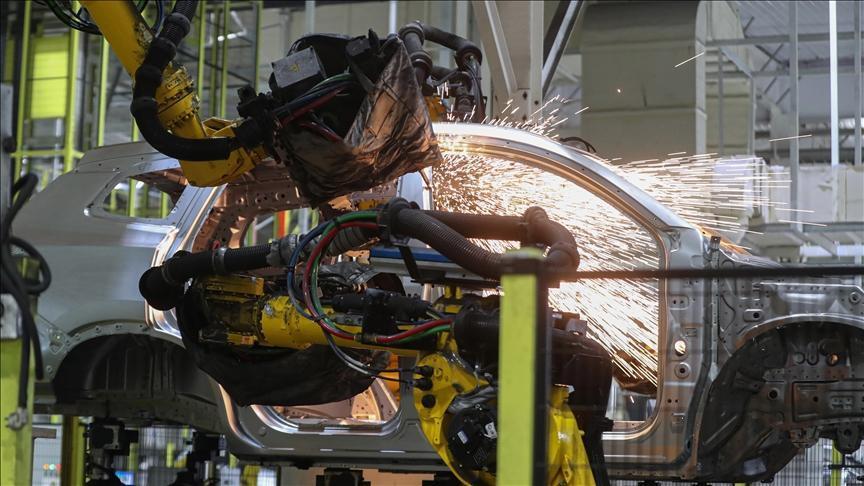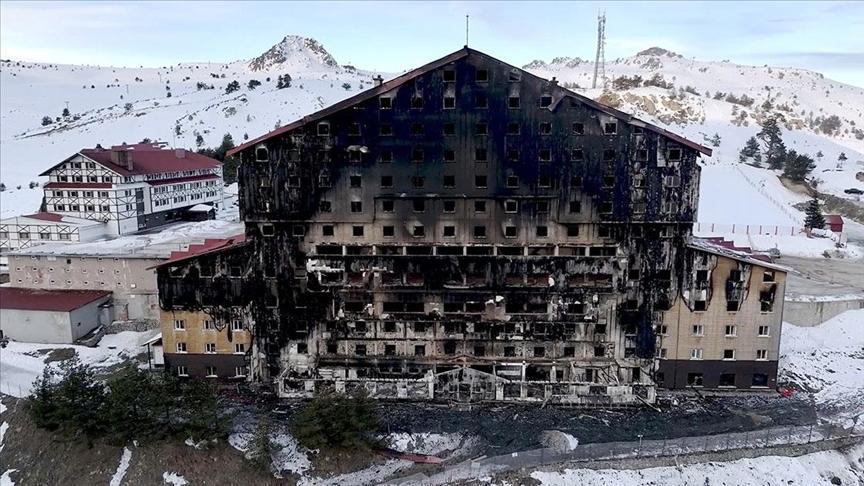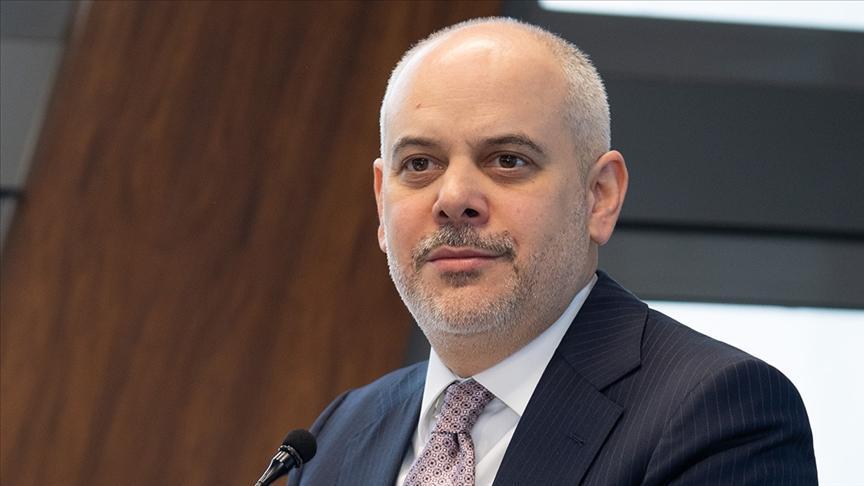Istanbul mayor to be under close gov’t scrutiny
The main opposition Republican People’s Party’s (CHP) candidate Ekrem İmamoğlu won the Istanbul municipal elections this year by defeating the ruling Justice and Development Party’s (AK Party) official candidate, former Prime Minister Binali Yıldırım. But for many this was seen as a race between the CHP candidate and President Recep Tayyip Erdoğan. That, as a result, has placed İmamoğlu as a natural candidate against Erdoğan for the next presidential elections scheduled for 2023, which no one is convinced will take place in time.
The fact that Imamoğlu succeeded in attracting votes from AK Party’s constituency, as he won by a difference of 800,000 votes, has reinforced the perception that he would be the likely candidate running against Erdoğan.
This is precisely why the Turkish president has targeted the mayor of Istanbul even though he was talking at a rally in the Black Sea province of Rize last week.
He was criticizing İmamoğlu for vacationing in the seaside town of Bodrum while Istanbul was struggling with floods.
It is only natural for a country’s president to criticize a local administrator if he/she believes the latter is failing to do the job. But it is clear to almost everyone that his criticism was not just about voicing a complaint for a specific incident. Otherwise he would have limited his comments to the fact that İmamoğlu was absent while the city was dealing with a natural disaster.
During the campaign period, İmamoğlu refrained to treat Erdoğan as his interlocutor, and he avoided directly addressing him.
Now that the municipal elections are over and now that he is unofficially seen as Erdoğan’s potential rival, will he continue his policy of ignoring the president?
Looking at signs from İmamoğlu’s first days in office, it is clear that Erdoğan will continue to target him and keep his eyes on him, scrutinizing every step he takes.
This could actually work in favor of İmamoğlu.
Let me elaborate. Almost everyone following Turkish politics wonders whether CHP-run municipalities will succumb to pressure to favor the party’s supporters and slide to practices that could open the door to corruption. In other words, would they, for instance, give tenders to the companies that are known to be close to the CHP?
To give another example: İmamoğlu recently stated that the financial assistance given from the budget of the municipality to pro-government associations were cut off. Will money then be funneled to NGOs known to be close to the CHP, even if their activities do not deserve to be funded by the municipal budget?
There is no doubt that those who have been sidelined by the ruling party in the course of the two decades will try to approach CHP municipalities. Some might have the right criteria to work with the municipalities, some might not. But under Erdoğan and AK Party’s close scrutiny, Imamoğlu and other CHP municipalities might find it hard to deviate from legal frameworks, or to work with those who do not carry the legal and ethical criteria.
That’s the upside of having the president’s scrutiny as far as İmamoğlu is concerned. The downside is the potential for Imamoğlu to fall into the trap of starting to aim high and accept the president as his direct interlocutor.
If he answers every criticism voiced by the president, he might lose focus.
That’s why CHP municipalities have been advised by the party headquarters in Ankara to concentrate in solving local problems and refrain from debating Turkey’s general problems and issues.











